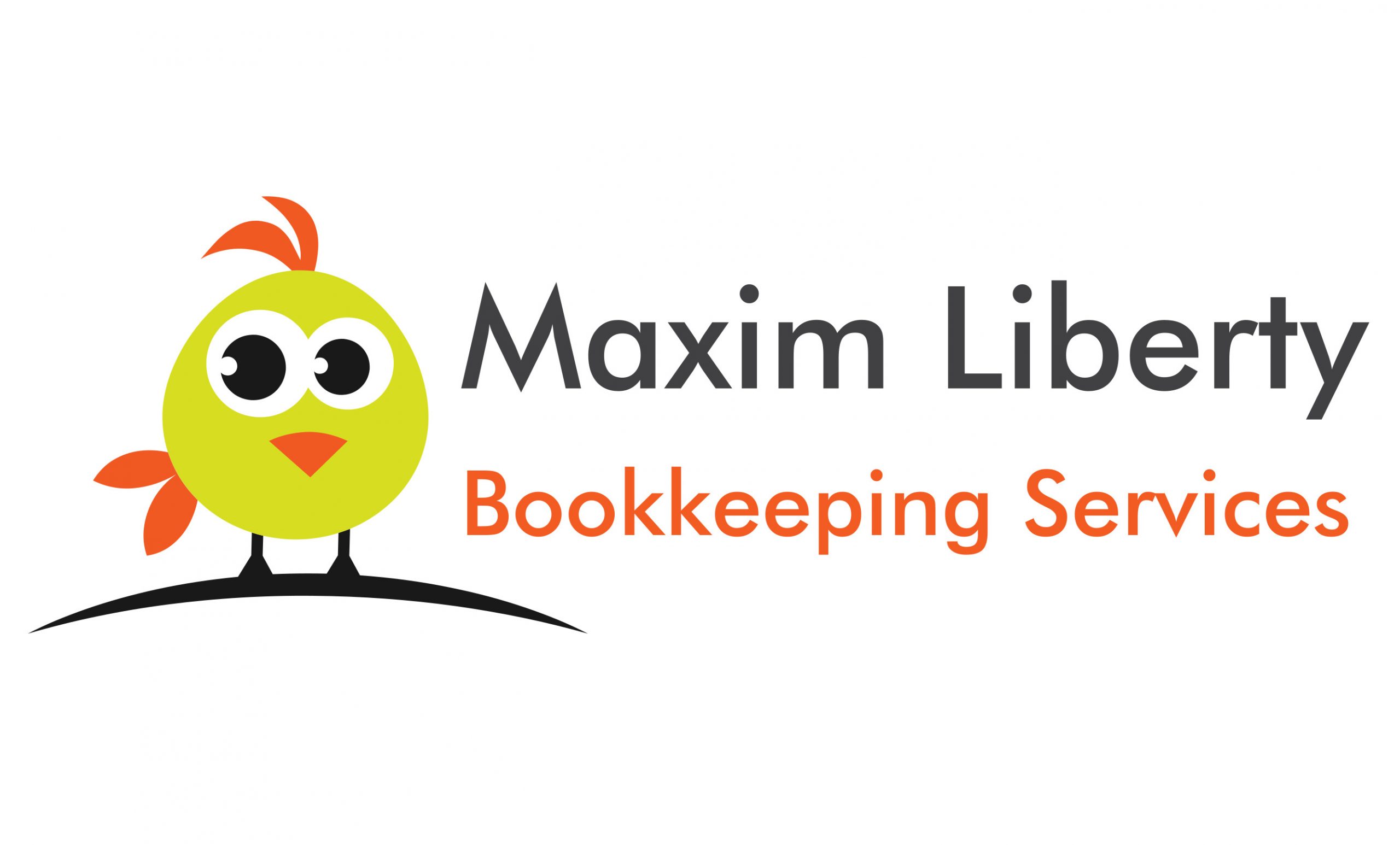Introduction
In the fast-paced world of retail, managing finances efficiently is not just an option—it’s a necessity for survival and growth. With the industry evolving rapidly due to technological advancements and changing consumer behaviors, staying ahead in your accounting practices can significantly impact your business’s bottom line. This comprehensive guide to retail accounting offers cutting-edge strategies, tips, and insights to help retail businesses navigate the complexities of financial management in 2024, ensuring you stay one step ahead of the competition.
Understanding Retail Accounting Basics
Retail accounting is the backbone of a successful retail operation, involving the recording, analyzing, and interpretation of financial transactions. It encompasses everything from managing day-to-day sales and inventory to preparing financial statements and ensuring tax compliance. A solid grasp of retail accounting basics is essential for making informed business decisions that drive profitability and growth.
Key Components:
- Sales Tracking: Implement real-time sales tracking to monitor performance and adjust strategies promptly.
- Inventory Management: Utilize advanced inventory management systems to minimize costs and prevent stockouts or excess inventory.
- Expense Control: Keep a tight rein on expenses through efficient budgeting and cost management techniques.
- Financial Reporting: Use automated tools for accurate and timely financial reporting, aiding strategic decision-making.
Leveraging Technology for Enhanced Efficiency
The integration of technology into accounting practices has revolutionized how retail businesses operate. From cloud-based accounting software to AI-powered analytics, leveraging the right technology can streamline operations, reduce errors, and provide invaluable insights into your business’s financial health.
Innovations to Embrace:
- Cloud-Based Solutions: Ensure real-time access to financial data and facilitate remote collaboration.
- AI and Machine Learning: Use AI to predict trends, optimize inventory, and enhance customer experiences.
- Mobile Accounting: Adopt mobile solutions for on-the-go financial management and decision-making.
Advanced Strategies for Retail Success
To truly excel in retail accounting, it’s vital to go beyond the basics and implement advanced strategies that drive efficiency, accuracy, and profitability.
Strategies Include:
- Dynamic Pricing Models: Use data analytics to adjust pricing in real-time based on demand, competition, and inventory levels.
- Tax Optimization: Employ strategic tax planning to minimize liabilities and maximize available deductions and credits.
- Sustainability and Cost Savings: Integrate sustainable practices that not only reduce environmental impact but also lower costs (e.g., energy-efficient lighting and equipment).
Compliance and Beyond: Staying Ahead of Regulations
In an ever-changing regulatory environment, staying compliant with tax laws and accounting standards is a moving target. However, it’s also an opportunity to differentiate your business by exceeding the minimum requirements and demonstrating transparency and integrity.
Compliance Tips:
- Regular Updates: Stay informed on the latest tax laws and accounting standards affecting the retail industry.
- Professional Consultation: Engage with accounting professionals or consultants specializing in retail for compliance assurance and strategic advice.
- Internal Audits: Conduct regular internal audits to identify and rectify potential compliance issues before they become problematic.
Mitigating Fraud Through Diligent Cash Management Practices
In the retail sector, where transactions are abundant and cash flow is constant, the risk of fraud can never be underestimated. Implementing robust cash management practices is paramount to safeguarding your assets and ensuring the financial integrity of your business. Two critical strategies for mitigating fraud include closing registers remotely and performing daily cash balance reconciliations.
Closing Registers Remotely
The practice of remotely closing registers adds an extra layer of security to your retail operation. This method involves supervisory personnel initiating the close-out process from a central location, away from the physical cash registers. This approach minimizes the risk of internal theft and manipulation of sales data, as employees are aware that the register’s closure is monitored and controlled externally. Additionally, remote closing allows for immediate oversight and auditing of sales data, ensuring discrepancies are spotted and addressed promptly.
Daily Cash Balance Reconciliations
Daily cash balance reconciliations are a cornerstone of effective cash management. This process involves verifying the amount of cash in each register at the end of the day against the sales records and what is deposited in the bank. By conducting these reconciliations daily, retail businesses can quickly detect and investigate discrepancies, reducing the opportunity for fraud and ensuring that the cash balance accurately reflects the business’s financial transactions.
- Accuracy in Financial Reporting: Regular reconciliations help maintain accurate financial records, essential for strategic decision-making and financial health assessment.
- Detection of Errors and Irregularities: Prompt identification and correction of errors prevent them from compounding, safeguarding against significant financial discrepancies.
- Enhanced Internal Controls: Establishing a routine of daily reconciliations fosters a culture of accountability and integrity among staff, deterring fraudulent activities.
Implementing Fraud Prevention Measures
Incorporating advanced technology and best practices in fraud prevention further strengthens your business’s defenses against financial crime. Utilizing point-of-sale (POS) systems with integrated fraud detection capabilities, employing encryption for transaction data, and training staff to recognize signs of fraud are all effective strategies. Additionally, fostering an organizational culture that values transparency and ethical behavior plays a crucial role in preventing fraud.
Safeguarding Your Retail Business
The inclusion of stringent cash management practices, such as closing registers remotely and conducting daily cash balance reconciliations, is critical in mitigating the risk of fraud in the retail industry. By implementing these measures alongside advanced technology and fostering a culture of vigilance and integrity, retail businesses can protect their assets, ensure accurate financial reporting, and maintain a trustworthy reputation in the marketplace. In an era where financial transactions are increasingly scrutinized, taking proactive steps to safeguard your operation is not just wise—it’s essential for long-term success and stability.
Conclusion: The Path to Retail Accounting Excellence
Outperforming your competitors in the retail industry requires a robust understanding of retail accounting paired with the strategic use of technology and advanced management practices. By focusing on efficiency, compliance, and innovation, your business can achieve financial stability and growth in 2024 and beyond. Remember, the goal is not just to keep up with accounting trends but to anticipate them, ensuring your retail business remains competitive and profitable in an ever-evolving market landscape.

